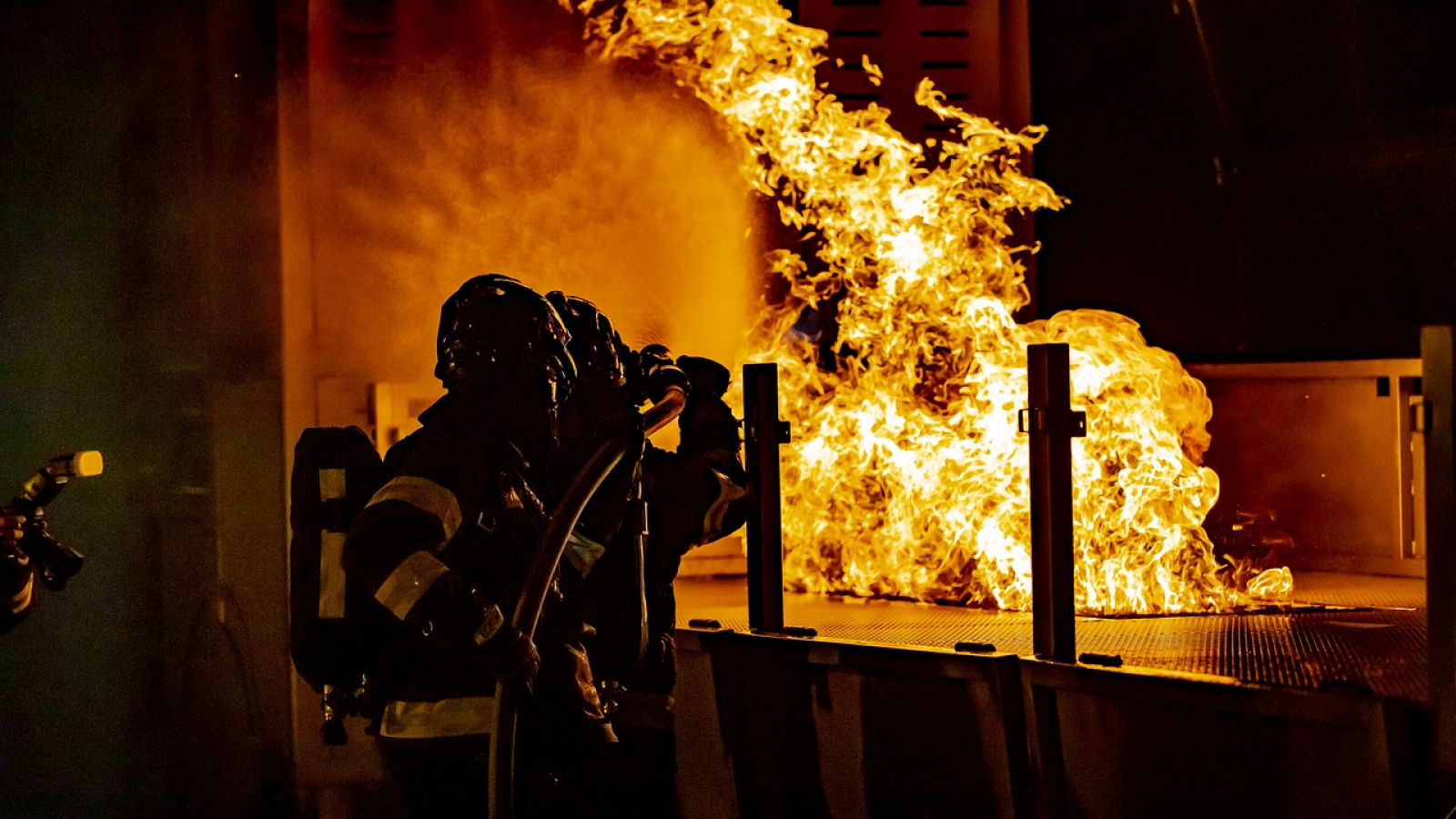In the dynamic landscape of commercial kitchens across the UK, the significance of meticulous cleaning extends far beyond aesthetics—it is a critical component in safeguarding against the devastating consequences of fire. Nowhere is this more evident than in the maintenance of kitchen extraction systems, which serve as the first line of defense against potentially catastrophic incidents.
Understanding the Risk:
According to data from the UK Fire and Rescue Service, a considerable portion of fires in commercial kitchens originate from grease buildup within extraction systems. The accumulation of flammable residues, if left unchecked, significantly heightens the risk of ignition, leading to rapid and uncontrollable flames that can endanger lives and livelihoods alike.
The Imperative of Regular Cleaning:
The importance of regular cleaning and maintenance of kitchen extraction systems cannot be overstated. By removing grease, carbon deposits, and other combustible substances, cleaning procedures ensure unimpeded airflow and mitigate the likelihood of fire propagation within ductwork and ventilation hoods. This proactive approach not only enhances fire safety but also extends the lifespan of equipment and promotes optimal kitchen hygiene.
Statistical Insights:
Empirical evidence from UK fire incident reports underscores the critical nexus between kitchen extraction cleaning and fire prevention:
- A study conducted by the UK Home Office found that a significant proportion of commercial kitchen fires were attributed to grease buildup in extraction systems, with incidents often resulting in substantial property damage and operational disruptions.
- Research from the Fire Industry Association (FIA) indicates that regular cleaning and maintenance of kitchen extraction systems can reduce the incidence of fire-related emergencies by up to 50%, significantly mitigating the associated risks to personnel and property.
- According to data compiled by leading insurance providers, establishments with documented cleaning schedules for kitchen extraction systems are demonstrably less susceptible to severe fire damage, translating into lower insurance premiums and enhanced business continuity.
Conclusion:
In the realm of commercial kitchen operations, proactive measures are paramount in averting potential disasters. By prioritizing the regular cleaning and maintenance of kitchen extraction systems, businesses not only comply with regulatory requirements but also invest in the safety and resilience of their establishments.
In the UK, where stringent fire safety standards are paramount, adherence to best practices in kitchen extraction cleaning is not merely advisable—it is imperative. Through concerted efforts to uphold cleanliness and compliance, businesses can mitigate the risk of fire-related incidents, ensuring the well-being of their staff, patrons, and the broader community. After all, in matters of fire safety, prevention is not just preferable—it is paramount.


